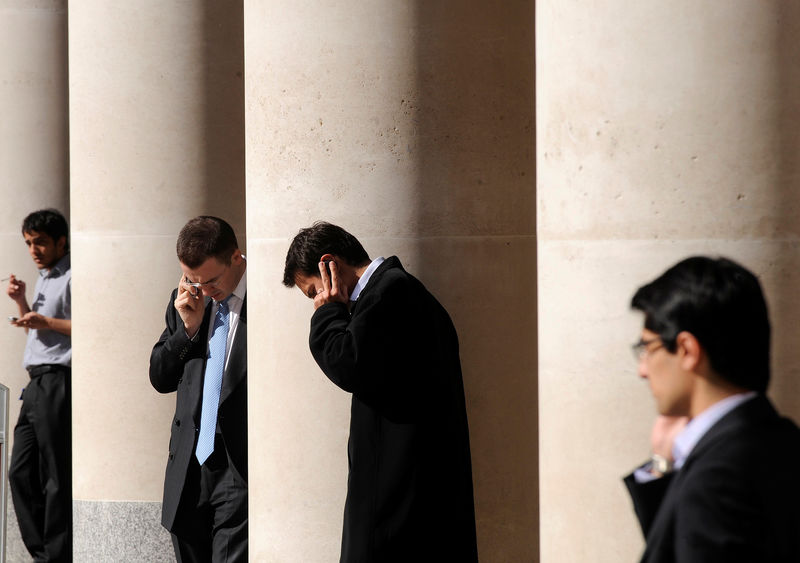Investing.com -- The turnaround at retailer H&M (ST:HMb) gathered pace in the third quarter, sending the company’s shares up 6.6% to their highest in nearly two years.
The Swedish fast-fashion giant has convincingly put behind it the trauma of an over-ambitious expansion plan that left it with a mountain of unsold clothes and a network of stores that couldn’t pay their way. The shares are now up 56% in 2019, well ahead of the 23% gain posted by Zara owner Inditex (MC:ITX).
The results owed much to a 25% currency-adjusted rise in online sales, reflecting the work that it’s put into improving its website in recent quarters. As a result, overall sales rose 6% on a currency-adjusted basis, even as the company cut its network of physical stores by 7. That, along with a further decline in markdown costs, also expanded the gross profit margin to 50.8% from 50.3%.
H&M also again trimmed its plans for net store openings this year to 120, down from 130 three months ago and 175 at the start of the year.
It was a completely different story on Thursday morning for U.K.-based Ted Baker (LON:TED), whose shares fell 36% after it swung to a net loss in the third quarter and offered no clear path out of its current problems. The lack of answers suggests the company is still struggling with the loss of its CEO earlier this year amid allegations of improper behavior toward female staff. Elsewhere in London, tobacco giant Imperial Brands (LON:IMB) edged down 0.1% after it parted ways with CEO Alison Cooper, a week after it warned on this year’s profits due to growing legal problems with new tobacco products such as e-cigarettes.
H&M stood out Thursday in a European market still reeling from Wall Street’s worst sell-off in two months, compounded by the announcement of U.S. tariffs on a range of European goods in retaliation for illegal subsidies to Airbus.
Airbus (PA:AIR) itself was, however, the biggest gainer in Paris, up 3.6% after the tariffs levied on European aircraft and components came out at the benign end of a range of expectations. The U.S. exempted from tariffs components shipped to an assembly plant in Alabama, a move aimed at keeping the cost of aircraft low for U.S. airlines. LVMH M (PA:LVMH) likewise rose 1.7% after leather goods were left off the tariff list, while Pernod Ricard (PA:PERP) gained 3.3%, also on relief that the tariffs weren’t any heavier.
Markets in general were also depressed by the negative reaction to U.K. Prime Minister Boris Johnson’s proposals for a revised withdrawal agreement with the EU. The EU parliament’s Brexit committee dismissed the proposals on Thursday as “not a basis for an agreement.”
The U.K. FTSE 100 fell 0.7% by 5 AM ET (0900 GMT). The German Dax and Euro Stoxx indexes were both closed for the German Unity Day holiday.
Also making things worse was the confirmation that growth in the euro zone nearly stalled last month, as the sharp slowdown in manufacturing spread ever-more broadly into the bigger services sector. The composite purchasing managers index compiled by IHS Markit fell to 50.1 from 51.9 the previous month, just above the 50 line that separates growth from expansion. In the U.K., the composite PMI fell clearly below that line to 49.3.
